
The Blackiston Lab
Principal Investigator: Douglas Blackiston
Location: 200 Boston Ave., Suite 4700
Faculty, post-docs, and graduate students in this concentration work on diverse aspects of ecology, behavior, and evolution. Their research encompasses areas such as micro- and macro-community ecology, species interactions, population biology and genomics, behavioral studies, stress physiology, adaptation, speciation, and life history evolution. By integrating fieldwork with laboratory studies, they aim to identify key ecological and evolutionary patterns and investigate the mechanisms generating those patterns. Their studies span various biological systems, including plants, microbes, and animals in freshwater, marine, and terrestrial environments.
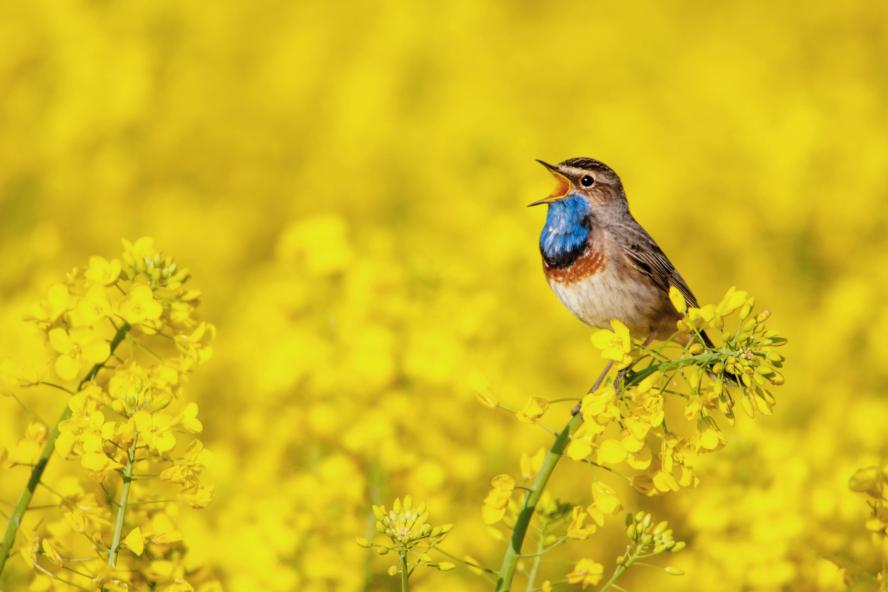
(* Asterisk denotes faculty mentors currently not accepting graduate students.)
Masters students work with their mentor and/or their entrance committee to select courses that best meet the academic goals.
Our general philosophy regarding coursework is that you take only classes that you need to pick up skills that are important to your research (if taking a course is indeed the best way to pick up those skills!), as well as courses that deepen your knowledge in your specific research area. It's OK with us if you want to take an unrelated course just because it looks really interesting, as long as it does not distract you too much from your research… Consequently, the list below is NOT a list of courses that you ought to take if you are interested in Ecology, Behavior, and Evolution. Rather, these are courses that you might wish to consider taking to complement a particular research expertise that you are developing. Ultimately, the decision about what classes to take will be up to you and your committee.
Seminar in Evolutionary Ecology (Bio 244) (offered in alternate years)

Principal Investigator: Douglas Blackiston
Location: 200 Boston Ave., Suite 4700
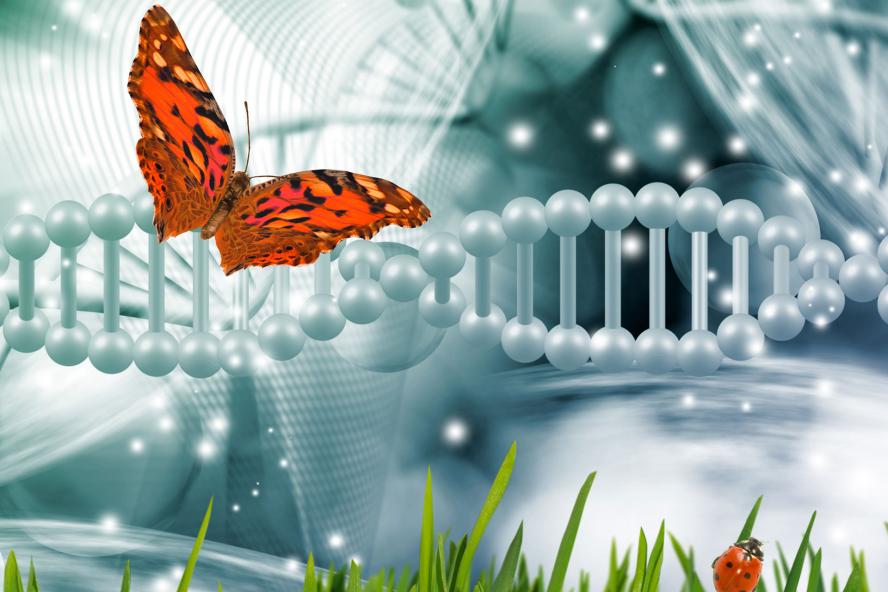
Principal Investigator: Erik Dopman
Location: 200 Boston Ave., Suite 4700

Principal Investigator: Fatima Aysha Hussain
Location: Science and Engineering Complex, Robinson Hall

Principal Investigator: Colin Orians
Location: Tsungming Tu Complex, 3rd floor
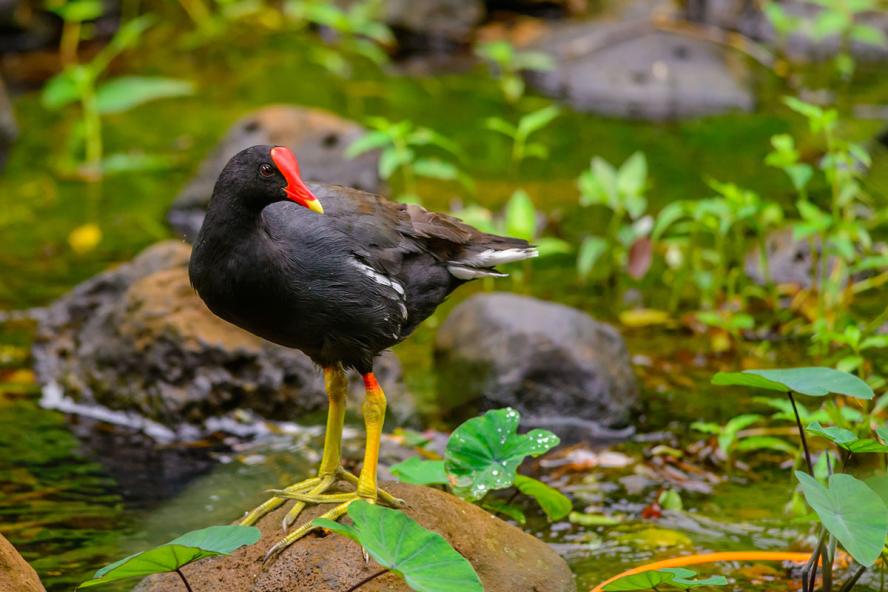
Principal Investigator: Michael Reed
Location: Robinson Hall, Room 359
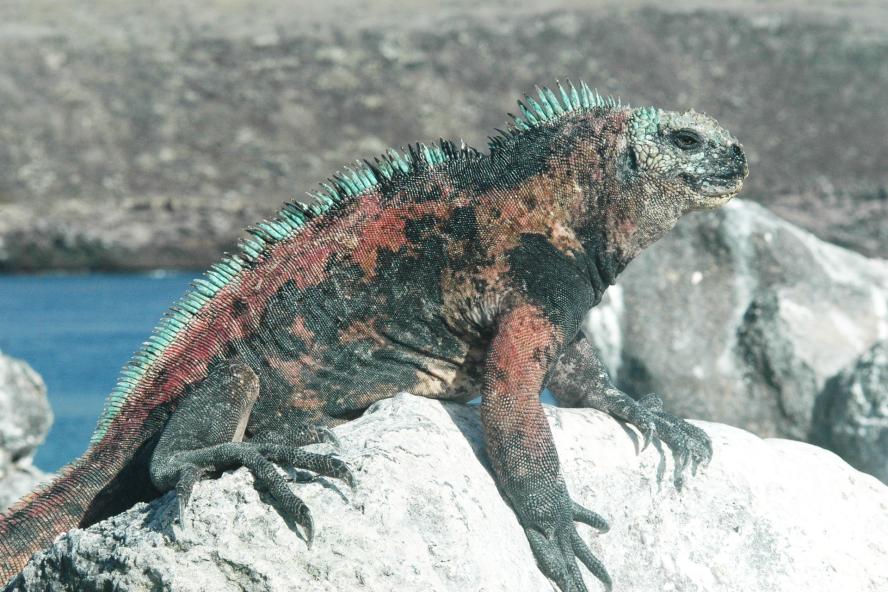
Principal Investigator: Michael Romero
Location: Science & Engineering Complex, 2nd floor

Principal Investigator: Randi Rotjan
Location: Tsungming Tu Complex, 3rd floor
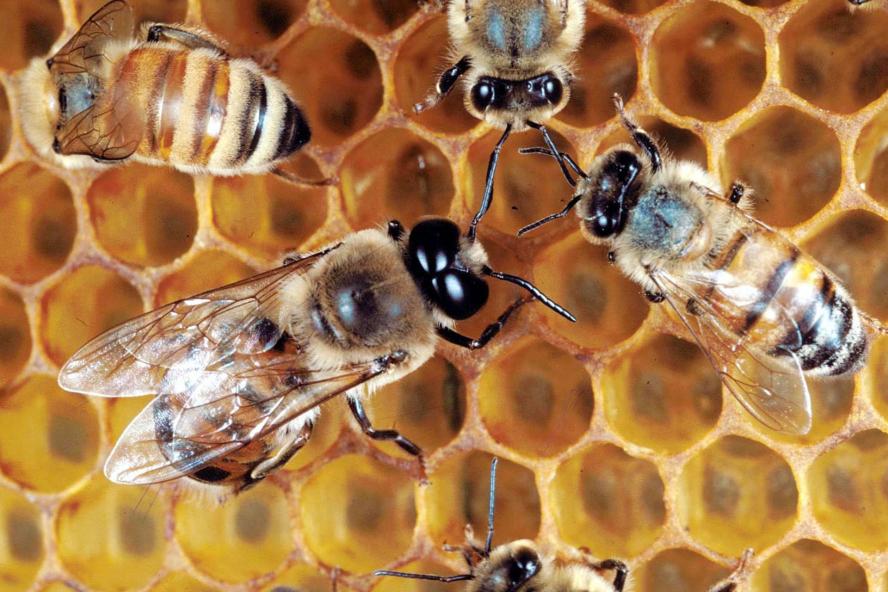
Principal Investigator: Philip Starks
Location: Tsungming Tu Complex, 3rd floor
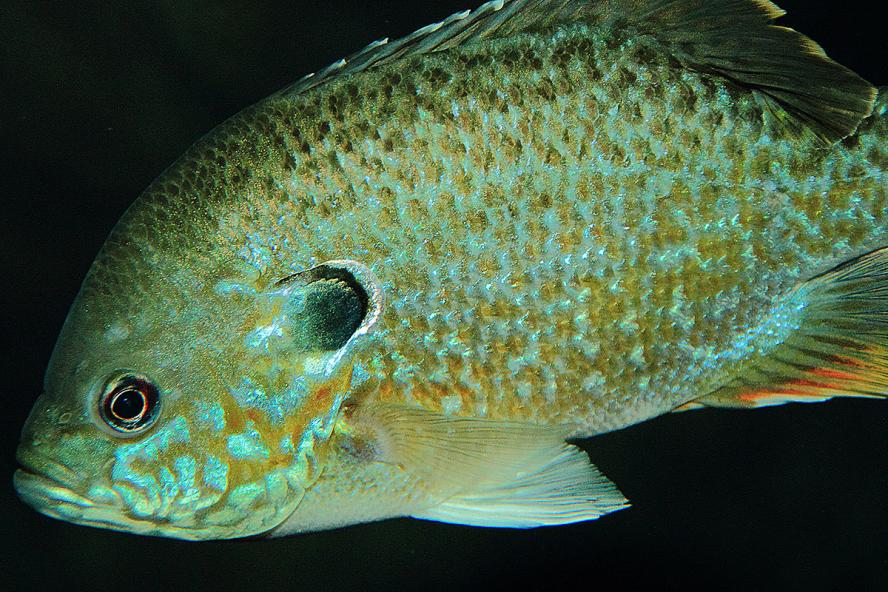
Principal Investigator: Eric Tytell
Location: 200 Boston Ave., Suite 4800

Principal Investigator: Benjamin Wolfe
Location: 200 Boston Ave.